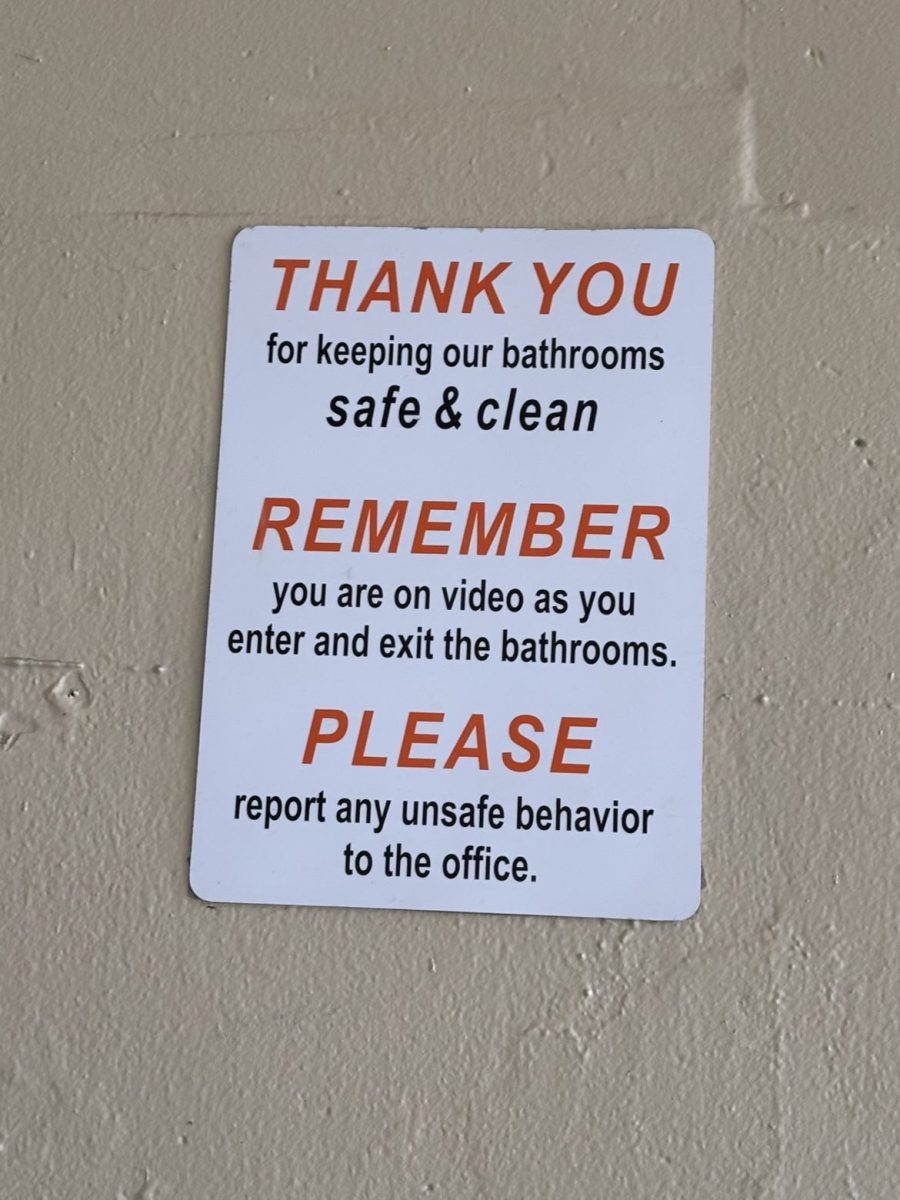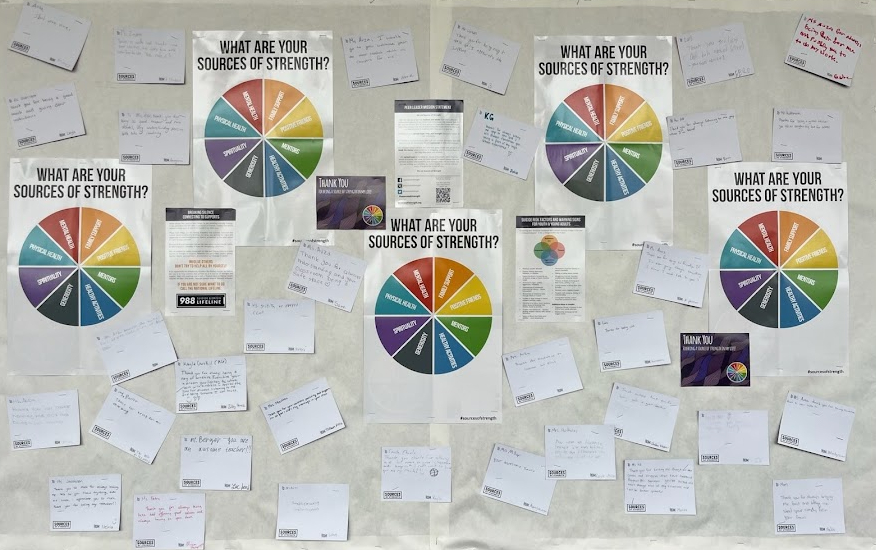In today’s world, cheating isn’t just about physical unfaithfulness, it can be about emotional connections, secretive behaviors, and blurring boundaries. From flirtatious texts to deleted messages, what exactly counts as betrayal in a relationship? Well, cheating can count as a lot of things depending on the person.
Cheating often stems from unclear boundaries. And when one partner chooses to cross those boundaries, they may hide their infidelity from the other. This lack of clarity is often the catalyst for cheating to begin.
What specifically counts as cheating can vary between people, but most of the time, the issue is the intent behind their actions.
Junior Mira Rust-Kelley said that “cheating is counted as an emotional or physical affair with another [person] whose intentions have a lot to do with it.”
Suppose communication has already been made between the partners in a relationship, and one crosses those cheating boundaries anyway, then they were intentionally cheating on you.
“Trust shapes the understandings both people have about their relationship,” sophomore Dalia Kalson said. “When the trust is strong, people are more likely to openly communicate about their feelings & boundaries.”
A relationship works best when both partners are honest and transparent with each other. Trust is essential for maintaining its health, and without it, things often start to fall apart.
“Without the reassurance you get from trusting your partner, it may start to feel like a one-sided relationship or some people may consider [the action] ‘micro-cheating,’” Kalson said.
Ultimately, it’s about how both partners perceive the situation, which is why open communication and trust are so crucial. Just know that if it feels wrong to you, don’t bottle up your feelings. Talk to your partner about it. Come to a resolution about what made you feel uncomfortable and how it needs to change.

































